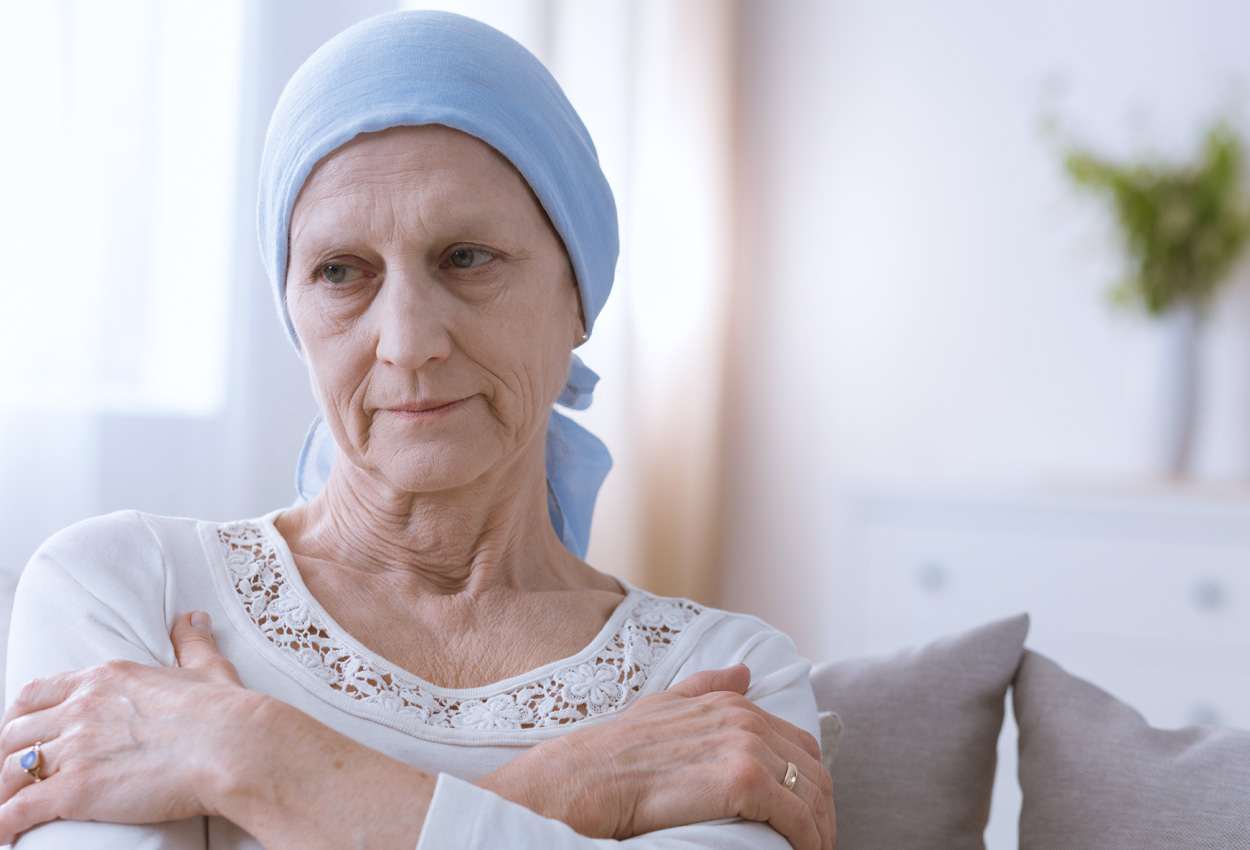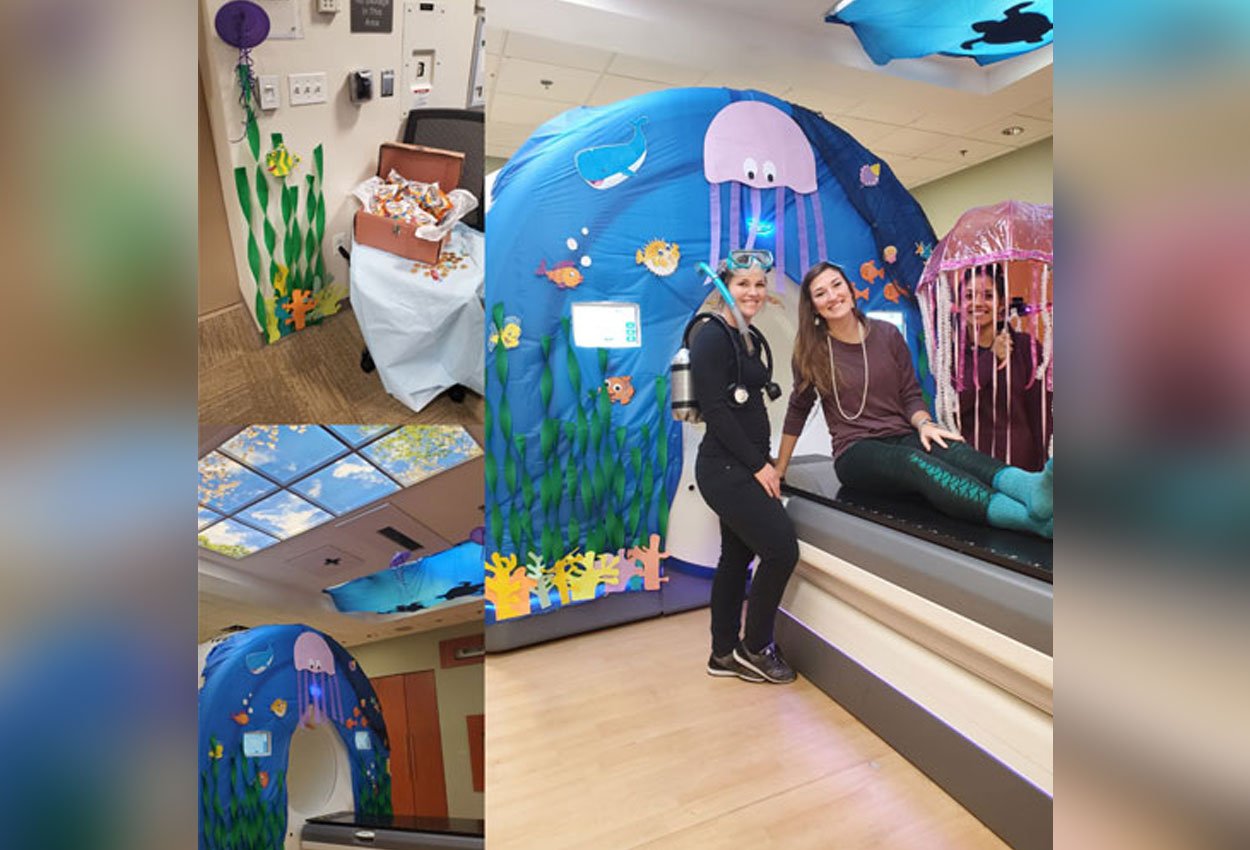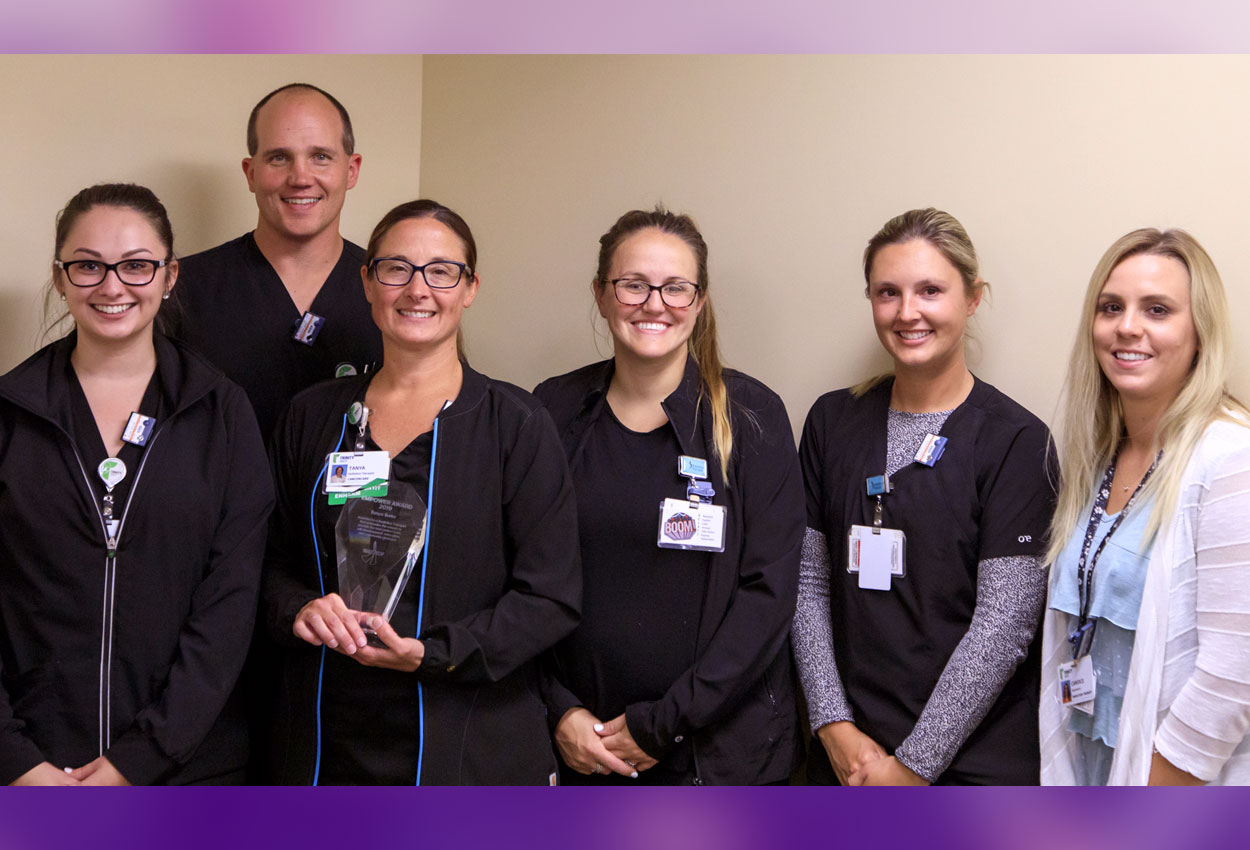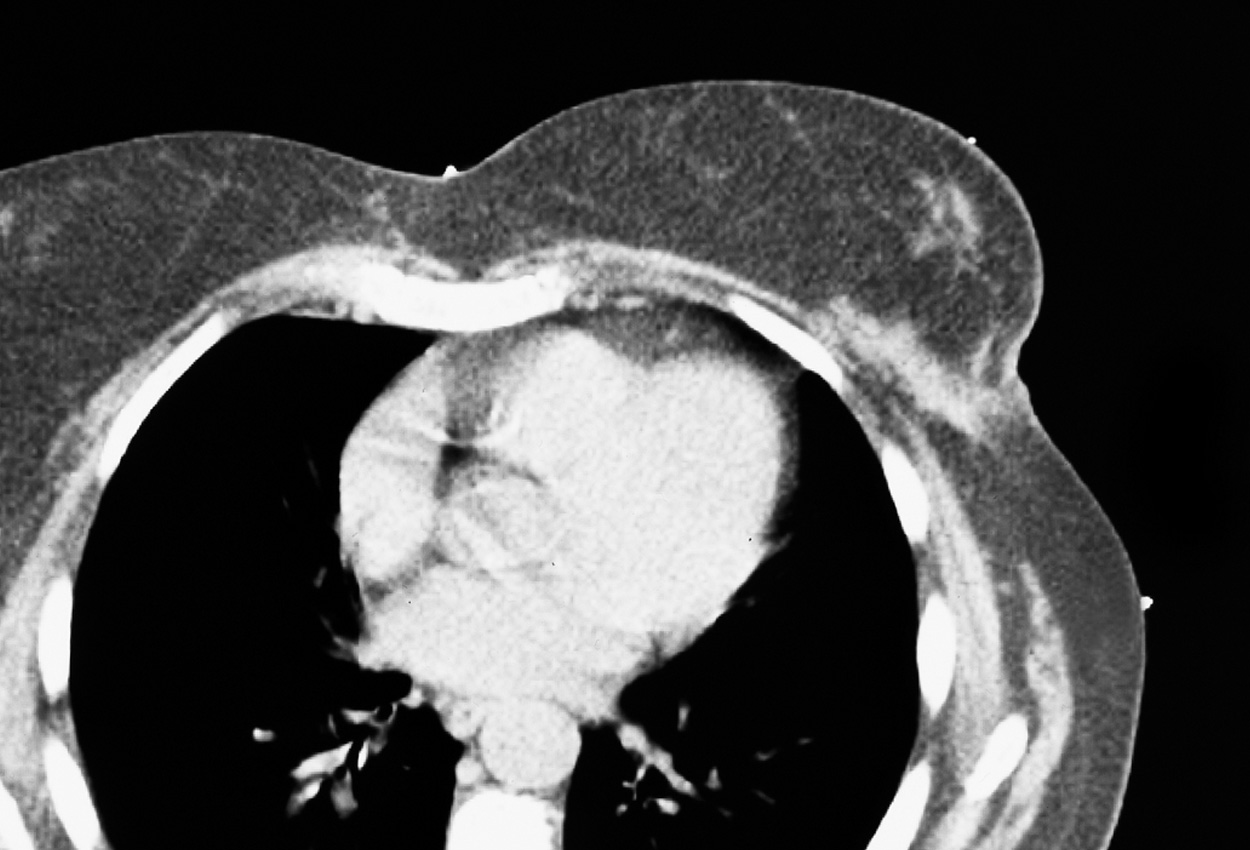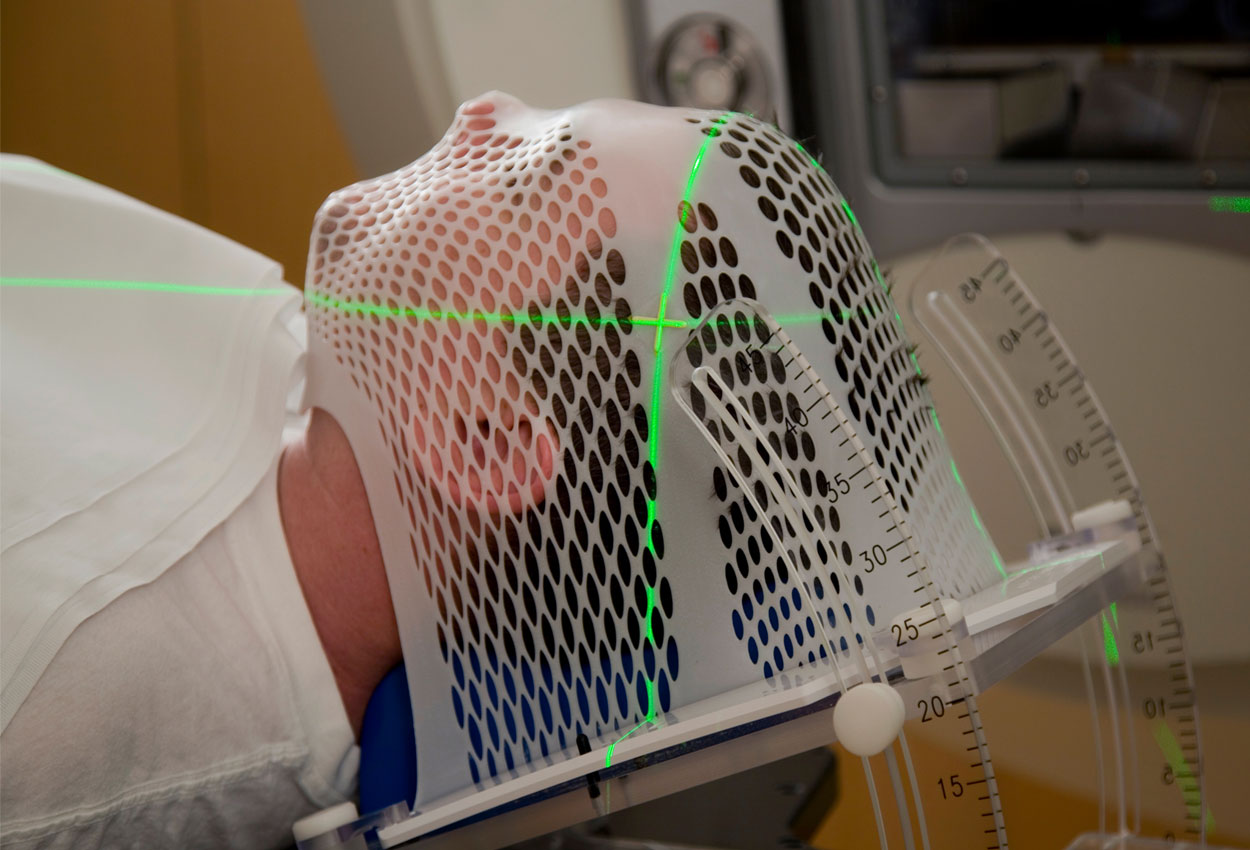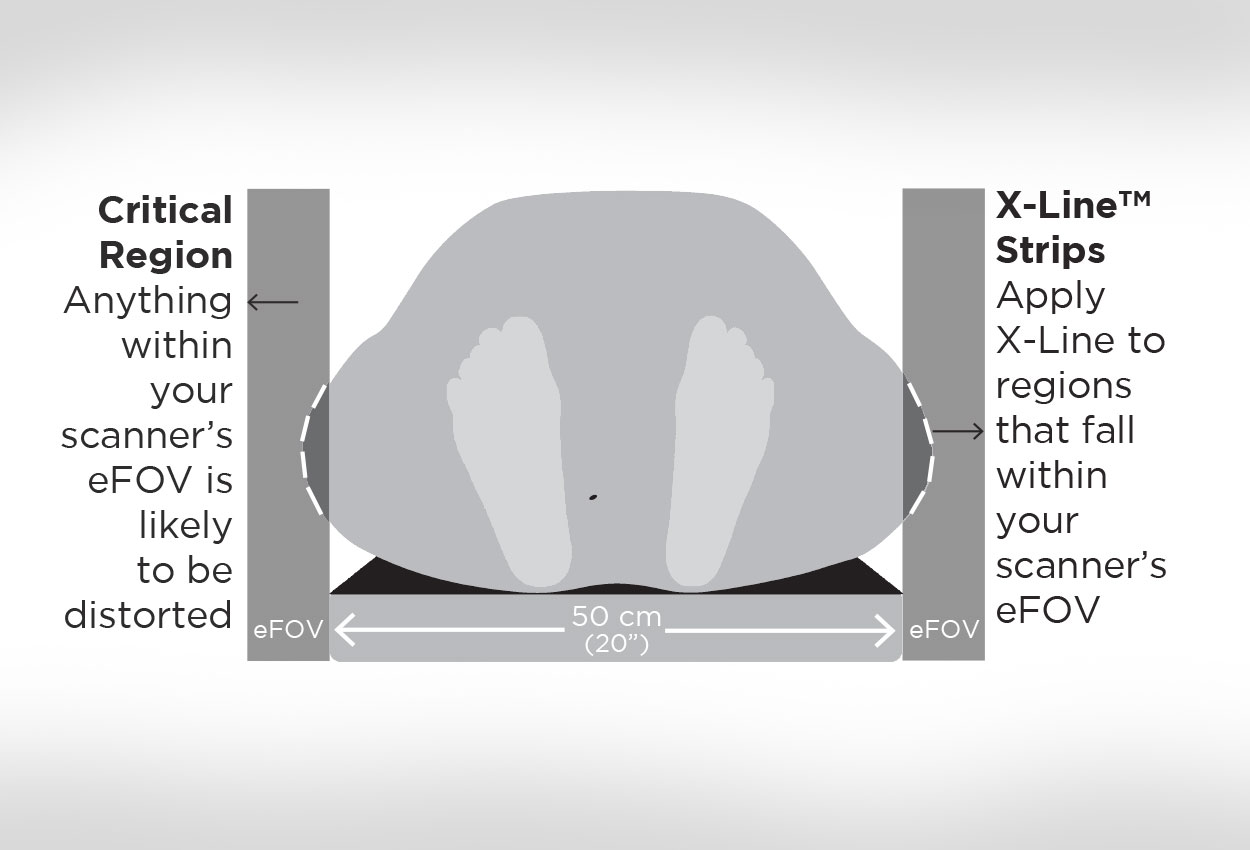Tattoos play an important role in treating cancer by ensuring the treatment plan is as accurate as possible. But for some patients, it’s a daily reminder of a dark experience.
Each year, an estimated 650,0000 cases of head and neck cancers are diagnosed worldwide. Many of those diagnosed will receive radiation oncology as either their primary treatment or as an adjunct to...
Laughter really is the best medicine. Humor has the power to change a patient’s perspective, make a tough treatment easier, and lighten up even the most difficult/vulnerable situations. In October...
Radiation Therapists are special people dedicated to helping cancer patients who are fighting for their lives have the best possible experience and outcome with their radiation treatments.
There have been numerous clinical trials demonstrating that breast conservation therapy, where lumpectomy is combined with radiation therapy, will significantly decrease the rate of breast cancer...
According to the American Society of Clinical Oncology, an estimated 65,410 people (48,000 men and 17,410 women) will develop head and neck cancer (HNC) this year. Many will undergo radiation therapy...
Summertime. The word conjures up thoughts of fun, but in many areas of the country, it also brings to mind ways to cope with the excessive heat and humidity.
Dr. Douglas Housman is a radiation oncologist previously with Memorial Sloan-Kettering in NY, and now at the Harold Leever Regional Cancer Center in CT. In his many years of experience, there’s one...
While every team member in radiation oncology is vital to patient care, it is the role of the medical dosimetrist to prepare the treatment plan and make sure the plan will work as designed: deliver...
